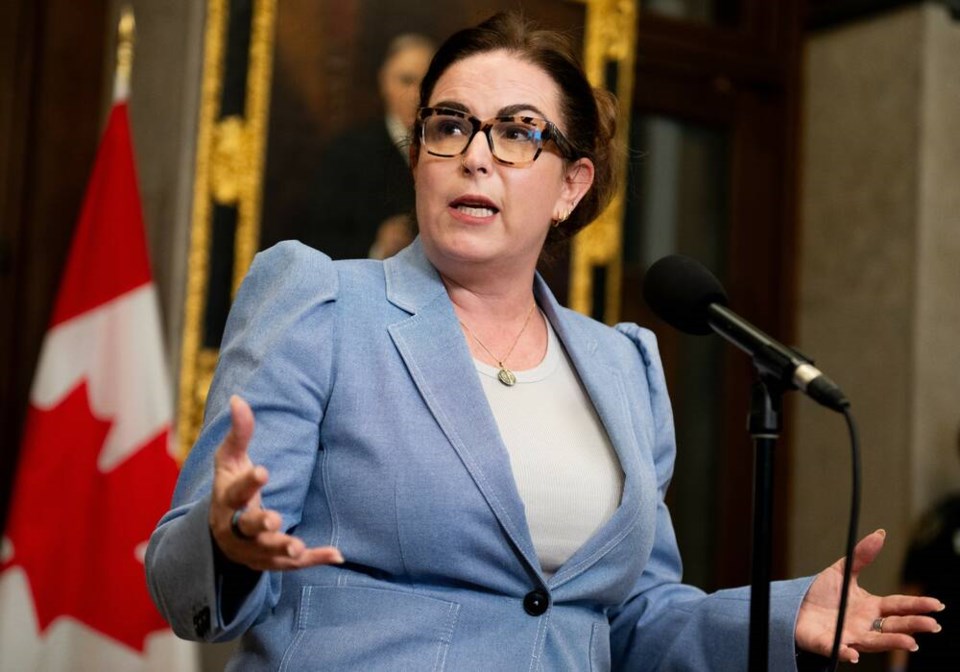B.C. has received approval from Health Canada to once again make it illegal to possess or consume drugs in public places, including hospitals, parks and transit, scaling back a three-year decriminalization pilot project.
Ya’ara Saks, the federal minister of mental health and addictions, said the change will take effect immediately.
The province asked Health Canada on April 26 to amend its exemption from drug laws to “re-criminalize” both possession and use of illicit drugs in public places — three years after it originally asked the federal government to “decriminalize” possession of small amounts of drugs for personal use.
Decriminalization came into effect in January of last year.
The reversal comes after increasing public outcry about open drug use in city streets and in hospitals.
When police are called to a scene where illegal and dangerous drug use is taking place, officers will be able to compel a person to leave the area, seize the drugs when necessary, or arrest the person if required, said Public Safety Minister Mike Farnworth.
“We have never supported public drug use, and we will not be supporting public drug use,” said Farnworth. “Decriminalization was never about using drugs in public, ever.”
Saks said she expects police to direct people with addictions to health services and only make arrests in extreme cases where public safety is at risk.
Despite the fact the change comes only a year into the three-year program, the minister said she doesn’t consider it a failure.
“We said from the get-go that we would adjust and analyze as we move forward. This is the first time this has been done. As in any pilot, it is a process of learning.”
Victoria Police Chief Del Manak has said that police will first seek compliance but may have to take a “harder line” initially so everyone understands the new rules.
Farnworth said the province will continue to treat addiction as a public-health issue, not a criminal-justice one, and people will continue to be able to have small amounts of drugs for personal use in homes or shelter, so they can call for help “without fear of being arrested.”
Jennifer Whiteside, B.C.’s minister of mental health and addictions, said the large majority of people who die of toxic drug overdoses do so at home alone.
Illicit drugs are the leading cause of death for those age 10 to 59 — mostly males — surpassing accidents, suicide, homicides and natural causes combined, according to the B.C. Coroners Service.
Whiteside said she’s heard of people who were afraid to call 9-1-1 for an overdose because they fear they’ll be arrested.
On Tuesday, the B.C. Coroners Service reported that another 192 people died due to illicit drugs in the province in March, down 11 per cent from the same month last year. Fentanyl was detected in 85 per cent of the unregulated-drug deaths that have undergone toxicology testing.
Saks said decriminalization is only one policy tool to deal with the toxic-drug overdose crisis, adding she is frustrated by Conservative Leader Pierre Poilievre’s attempts to politicize the issue.
Poilievre has repeatedly attacked the decriminalization policy, as well as a safer-supply program where alternatives like hydromorphone are provided to drug users.
In B.C., both BC United and the Conservative Party of B.C. have asked the government to end the decriminalization experiment.



